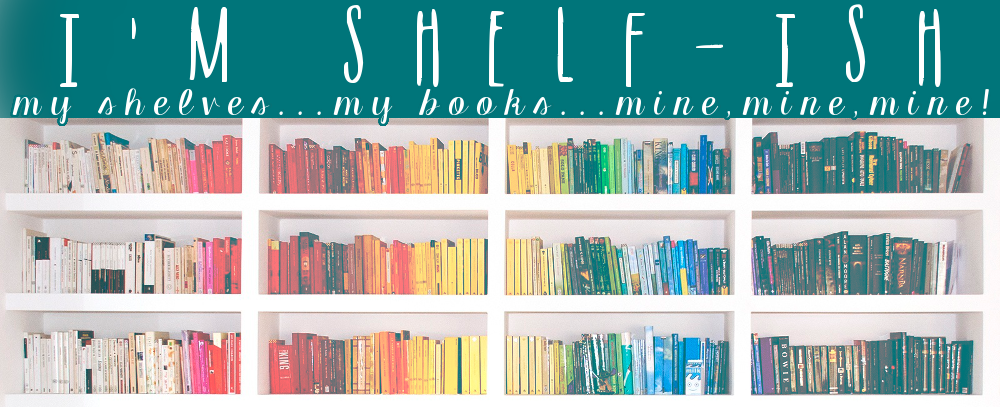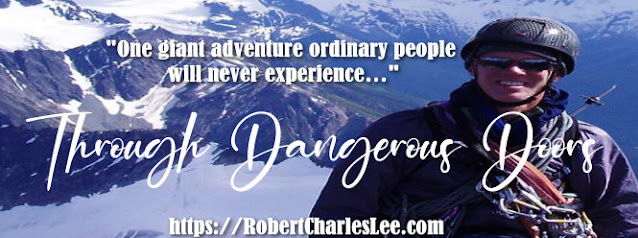Robert Charles Lee is a retired risk scientist with over twenty-five years of academic and applied risk analysis, decision analysis, and risk management experience in a wide variety of contexts. He has authored over one hundred peer-reviewed scientific works, as well as over one hundred technical reports for industry and government agencies. Prior to the professional risk work he worked in laboratories a bit, but otherwise was a manual laborer until he reckoned that he could use his brain for a living.
Robert has a BS in Botany, a BS in Science Education, an MS in Environmental Health, and a Certificate in Integrated Business Administration. He is ABD (all but dissertation) in a Toxicology PhD program. He is an ordained Minister and has an honorary Doctorate of Metaphysics from the Universal Life Church and is a Member of the Nova Scotia L’Ordre du Bon Temps, or Order of the Good Time.
He was born in North Carolina and lived there for over twenty years, but has since lived in Alaska, Oregon, Washington, and Alberta. He was also homeless for a time while a laborer in the Western United States. He currently resides in Colorado.
Robert and his wife Linda have climbed hundreds of technical and non-technical mountain, rock, ice, and canyon routes, hiked thousands of miles in several countries, and skied many miles of vertical feet at resorts and in the backcountry.
Robert is an avid amateur photographer, largely of outdoor subjects. He is a musician who plays hand, stick, and mallet percussion, and who can sing, but rarely does for unclear reasons. He is an amateur sound engineer and producer and has recorded more than a thousand written and improvisational instrumental pieces with other musicians to date. He was trying to learn to relax in retirement, but then he discovered non-technical writing. He has written a memoir and a poetry collection and is working on short stories.
Through Dangerous Doors is his latest book.
Visit his website at https://robertcharleslee.com or follow him on Goodreads.

Thank you for this interview! I’d like to know more about you as a person first. What do you do when you’re not writing?
I’m retired from work, so you’d think I’d relax a lot. However, my wife and I recently moved to Colorado from New Mexico, in a pandemic and a crazy housing market, so the move and remodeling has taken up most of my time in the last few months. Otherwise, I mostly hike, ski, take photographs, and play music. I used to read more before I started writing.
When did you start writing?
Assuming early school essays and such don’t count, I started writing scientific articles and reports in graduate school. After I started technical mountain climbing in my 30s, I wrote a few trip accounts for friends and family, but I didn’t put a lot of effort into this, and never sought to publish them. An exception was an article about a climbing trip my wife and I made to Scotland. It was a particularly entertaining story because the conditions were absolutely miserable, but we made the best of it. A climbing magazine published it, but unfortunately the editor snipped out much of the humor, which was disappointing. My memoir Through Dangerous Doors is my first major popular publication.
As a published author, what would you say was the most pivotal point of your writing life?
Having a first manuscript accepted by a publisher.
If you could go anywhere in the world to start writing your next book, where would that be and why?
Given no pandemic (!), that’s a good question. When I was younger, perhaps a major city such as London or New York City. I haven’t spent much time in world-class cities, and I’d expect they’re all fascinating. These days, I’m happy to stay in the US West. Perhaps the northern California or Oregon Coast, because I haven’t lived near the ocean for 25 years.
If you had 4 hours of extra time today, what would you do?
Play drums, and stretch.
Where would you like to set a story that you haven’t done yet?
I’ve thought about a short story about someone who becomes a racist, as an adult. I grew up in in a virulently racist White Southern US culture in the 1950s and 60s. I can understand how a child immersed in such a culture would become a racist. I didn’t, but I may have been an exception among my cohort. A more interesting question is how someone who grows up in a more ‘normal’ setting becomes a racist later in life. I find it amazing that racism, as one of the most disgusting aspects of human thought and culture, has endured to this day. Creating sympathetic characters would be difficult, though.
Back to your present book, Through Dangerous Doors, how did you publish it?
I initially tried to go down the typical literary agent/major publishing house route, but became frustrated. I find the traditional publishing world to be a strange industry, as it seems to actively discourage the clients who make it money. Seriously, what type of business says things to talented people such as “send us something, we might take months to review it if you’re lucky, if you don’t hear from us we aren’t interested, and DON’T contact us in any event.” I was unwilling to spend the money (for editors, etc.) and do the work associated with self-publishing. Self-publishing also seems to have less prestige than going through a publishing firm, although this may be changing.
So, I’m lucky I found a small publishing house who was interested in my memoir. They use a ‘hybrid’ model in which the author pays a reasonable fee, but they get professional editorial, distribution, marketing, and similar support. The author also receives a higher royalty percentage than large publishing houses provide. The only disadvantage of a small firm, as far as I can determine, is a lesser degree of marketing and visibility. For example, my book was unlikely to appear on the NYT Best Seller list, even if lots of readers loved it.
In writing your book, did you travel anywhere for research?
I didn’t travel for research, but the book covers a wide range of domestic and international travels, which I suppose is post hoc research. These trips were associated with different types of risk, so they’re important to the story. If I had anticipated writing a memoir, I would have kept a journal. Fortunately, I have a good memory, as well as photographs and my wife’s memory for the latter half of my life.
Why was writing Through Dangerous Doors so important to you?
We live in highly risky times. As a former risk scientist and someone who pays careful attention to risk, I probably realize this more than the average reader. So, aside from telling entertaining stories, it was important to me to communicate the need for thinking rationally about risk. Many of the stories I tell may lead readers to think I’m irrational or ‘crazy’, but I’m still alive because I learned how to manage risk in a rational fashion. One review on Amazon put it this way: “You can kick back and enjoy the read and its many 'holy s&%t' moments, or you can take up the challenge to think about -- and to digest -- the lessons learned and the impacts of choices and associated actions and outcomes”. I thought this was bang-on.
Where do you get your best ideas and why do you think that is?
In the case of this memoir, my memory. I never kept a journal, because I never planned to write a memoir. I expect a journal would facilitate any sort of writing.
I’ve written a poetry collection, and a draft collection of short stories. The ideas for these largely arose from observation of the world and its inhabitants, as well as inner exploration and dreams in the case of some of the poems.
The non-writing arts can also provide indirect ideas. For example, I play music, and watch lots of movies. I don’t know if these sources have explicitly provided writing ideas, but I reckon any sort of artistic stimulation can have spin-off effects.
I haven’t, however, actively searched for writing ideas. They just pop in my head. I suppose I’m lucky in that respect.
Any final words?
I hope readers enjoy the book!
In a life defined by risk, Robert Charles Lee experiences a poor and free-ranging childhood in the racist South of the 1960s. After his father dies, the family grows dysfunctional. As a result, teen-age Robert seeks sanity and solace by rock climbing solo and driving cars fast. He wins a scholarship and graduates from university, but still seeks to escape the South.
Moving to Alaska and the Western US, Robert works in a series of dangerous and brutal jobs. He meets and marries Linda, who enjoys climbing and skiing difficult mountains as much as he does. Simultaneously, Robert trains in the science of risk to become a respected professional risk scientist.
Robert shares his remarkable story as he guides the reader through a series of dangerous but rewarding doors, culminating in a vivid journey of adventure and risk.






No comments:
Post a Comment